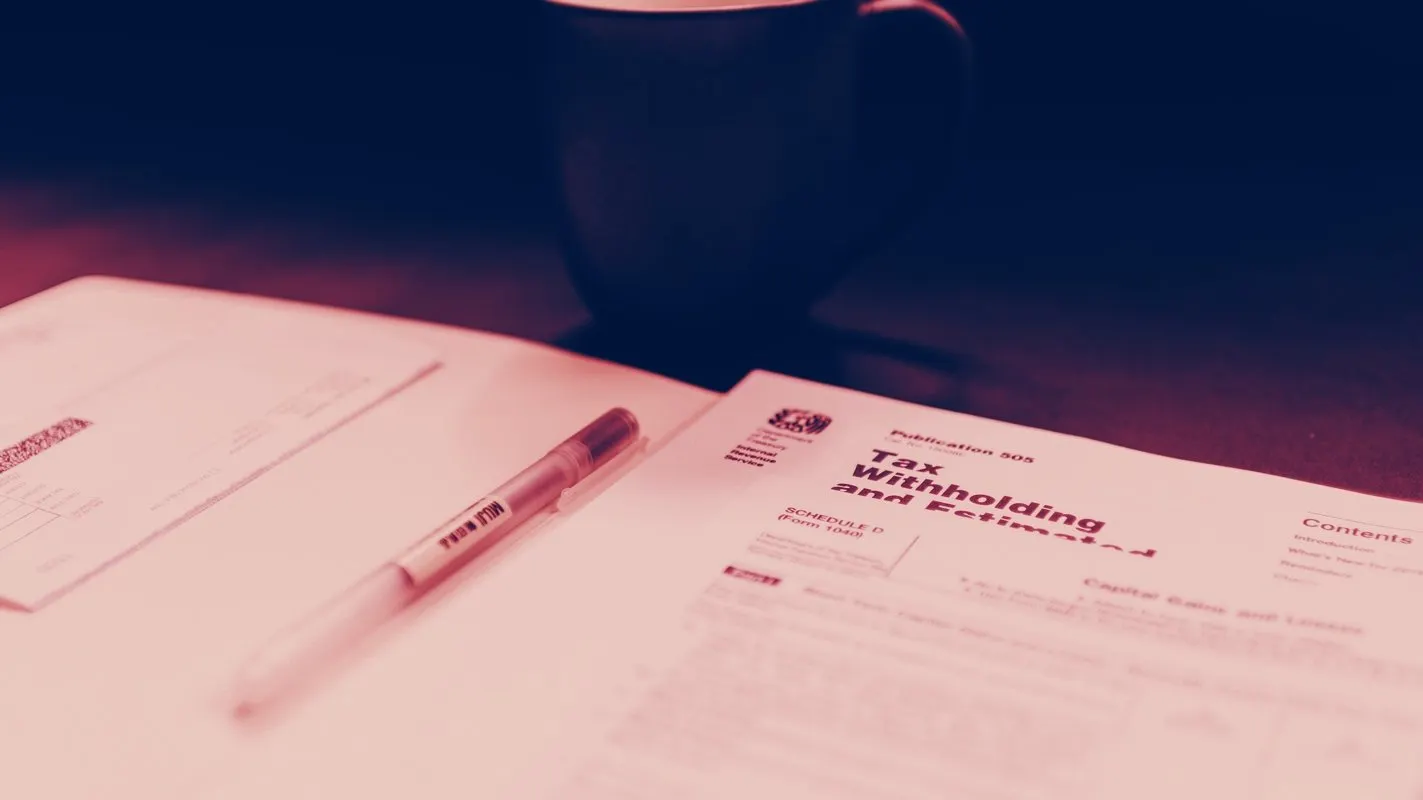The UK Government published new cryptocurrency taxation guidance for businesses on Friday. This complements similar guidelines for individuals that were released at the end of last year.
The guidelines explain how businesses using cryptocurrencies are affected by different types of taxes and clarifies the information they must declare to Her Majesty’s Revenues and Customs (HMRC), the UK’s tax body.
HMRC said companies carrying out activities involving the exchange of tokens—such as buying and selling tokens, exchanging tokens for other assets, mining and providing goods or services in return for tokens—will be liable to pay tax on them.
Clearer guidelines
While the type of tax depends on the parties involved in the transaction and the activities carried out by businesses, they’ll likely be subjected to capital gains tax, corporation tax, income tax, national insurance contributions, stamp taxes or VAT.
The amount of tax to be paid, according to HMRC, will depend on the business’ income, expenditure, profit and gains. However, this information must be declared on either a self-assessment tax return or a company tax return.
“HMRC will consider each case on the basis of its own facts and circumstances,” said officials. “It will apply the relevant legislation and case law to determine the correct tax treatment (including where relevant, the contractual terms regulating the exchange tokens).”
When it comes to filling out a tax return, businesses are asked to record cryptocurrency transactions in pounds sterling, how much has been spent per crypto transaction and the valuation methodology used.
HMRC has also concluded that cryptocurrencies such as Bitcoin, Ethereum and XRP aren’t classed as “stock or marketable securities.”
Bitcoin mining
The guidelines also focus on Bitcoin mining. While small time miners might be tax-free, larger corporations designed solely for Bitcoin mining will need to pay taxes.
Companies are able to award crypto assets to miners in “return for verifying additions to the distributed ledger,” as per the guidelines, but must consider taxable trade based on factors such as degree and frequency of activity, level of organization, risk and commerciality.
“For example, using a home computer while it has spare capacity to mine tokens would not normally amount to a trade,” continued HMRC. “However, purchasing a bank of dedicated computers to mine tokens for an expected net profit (taking [into] account the cost of equipment and electricity) would probably constitute trading activity.”
When miners keep awarded assets, they’ll have to pay capital gains tax or corporation tax on chargeable gain when they dispose of them in the future.
Trading crypto
The guidelines provide some direction for exchanges in what taxes they must pay.
For businesses trading cryptocurrencies, they must take into account receipts and expenses when working out the trade profit. And if organizations trade through a partnership, the partners will be taxed on their share of the profit.
Many exchanges have their own tokens, such as Binance and its Binance Coin, which is used to pay trading fees on the exchange. According to the guidelines, when an exchange’s own tokens form part of an existing trade, businesses must detail “profits of a revenue nature” in the trading profits. Officials added that if the activities do not amount to a trade, businesses must still consider if other legislation applies.
But the most important thing in the report? Clarity. Something that crypto businesses have been crying out for.

